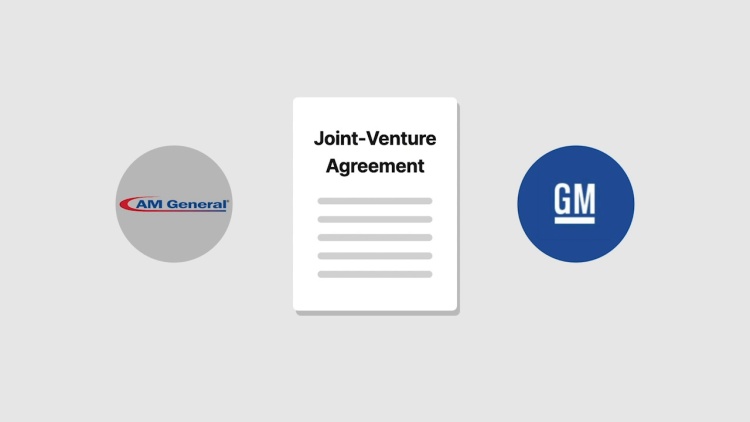Beanstalk Group, Inc. v. AM General Corporation
United States Court of Appeals for the Seventh Circuit
283 F.3d 856 (2002)

- Written by Sara Rhee, JD
Facts
AM General Corporation (AM General) (defendant) manufactured a line of vehicles known as Hummers. In 1997, AM General entered into a representation agreement with Beanstalk Group, Inc. (Beanstalk) (plaintiff), by which Beanstalk agreed to act as AM General’s sole nonemployee representative for negotiating trademark-license agreements for the Hummer. The agreement defined a license agreement as “any agreement or arrangement, whether in the form of a license or otherwise, granting merchandising or other rights in the Property.” Any payments for license agreements negotiated by Beanstalk were tendered to Beanstalk, which then deducted a 35 percent commission and forwarded the balance to AM General. In 1999, AM General entered a joint-venture agreement with General Motors (GM) (defendant), by which GM assumed the Hummer trademark. The joint-venture agreement did not require GM to assume the representation agreement with Beanstalk. GM refused to pay Beanstalk a commission for any license agreements made after the date of the joint-venture agreement. Beanstalk brought a breach-of-contract action against AM General and GM. The district court granted the defendants’ motion to dismiss for failure to state a claim, and Beanstalk appealed to the United States Court of Appeals for the Seventh Circuit.
Rule of Law
Issue
Holding and Reasoning (Posner, J.)
Concurrence/Dissent (Rovner, J.)
What to do next…
Here's why 907,000 law students have relied on our case briefs:
- Written by law professors and practitioners, not other law students. 47,100 briefs, keyed to 996 casebooks. Top-notch customer support.
- The right amount of information, includes the facts, issues, rule of law, holding and reasoning, and any concurrences and dissents.
- Access in your classes, works on your mobile and tablet. Massive library of related video lessons and high quality multiple-choice questions.
- Easy to use, uniform format for every case brief. Written in plain English, not in legalese. Our briefs summarize and simplify; they don’t just repeat the court’s language.





